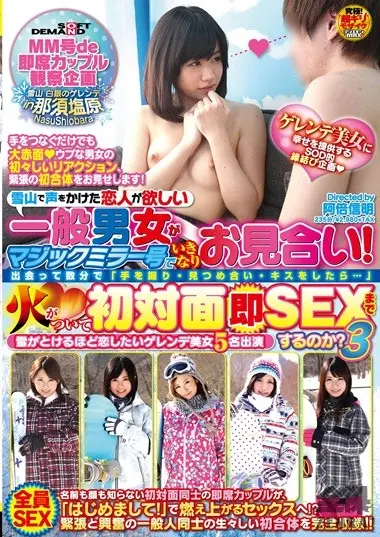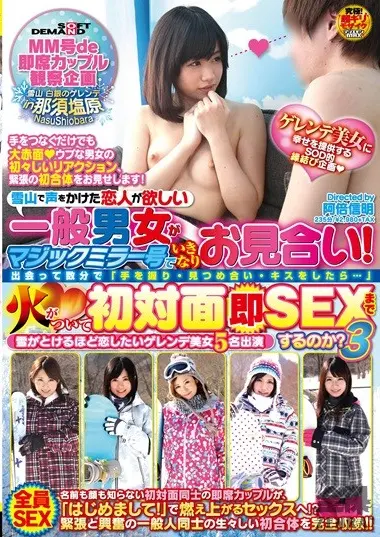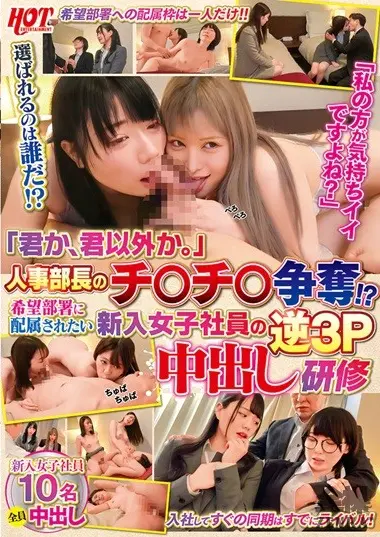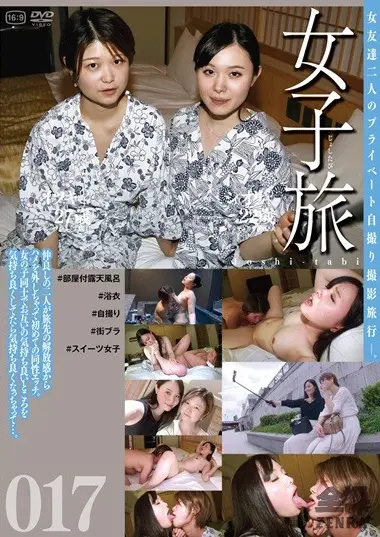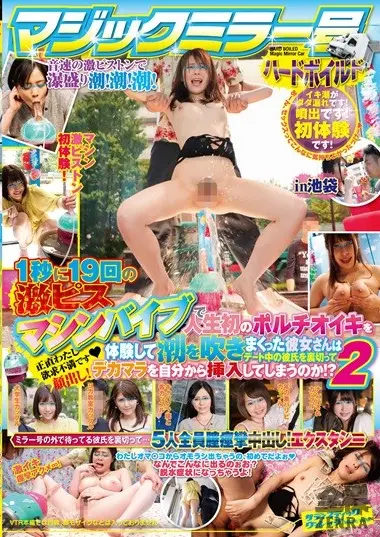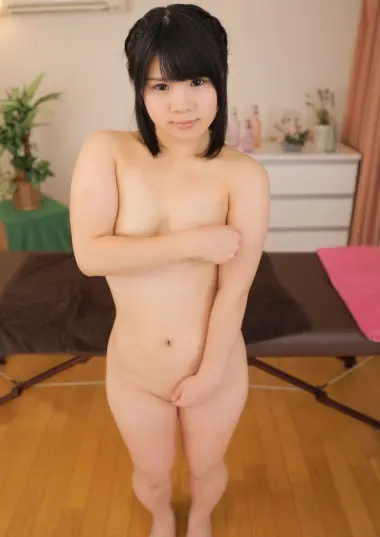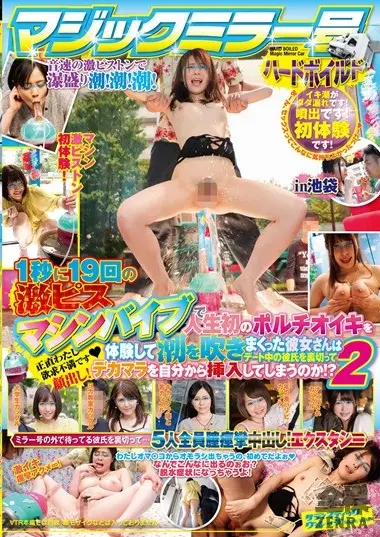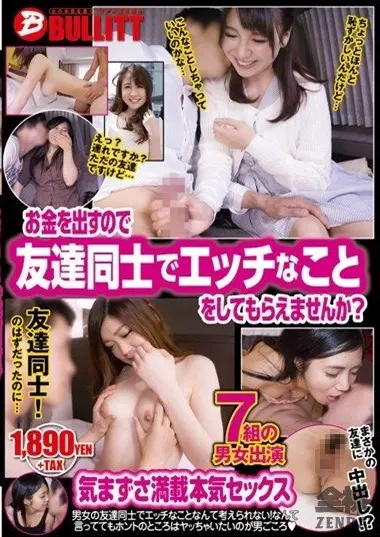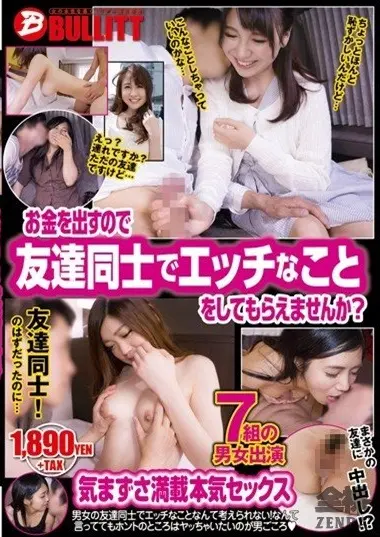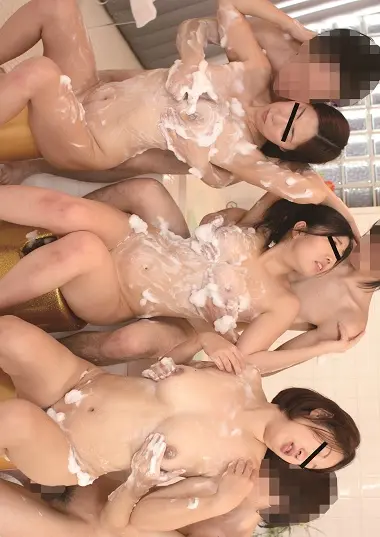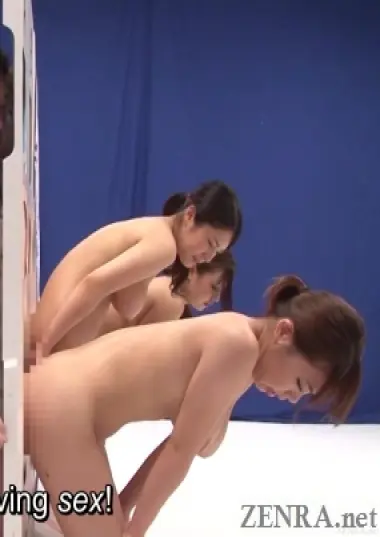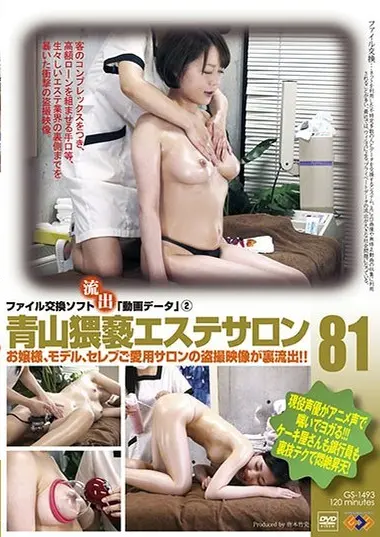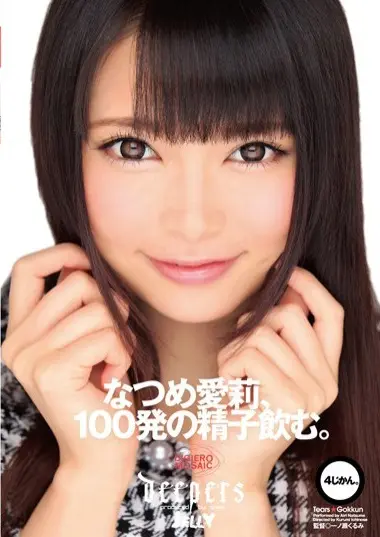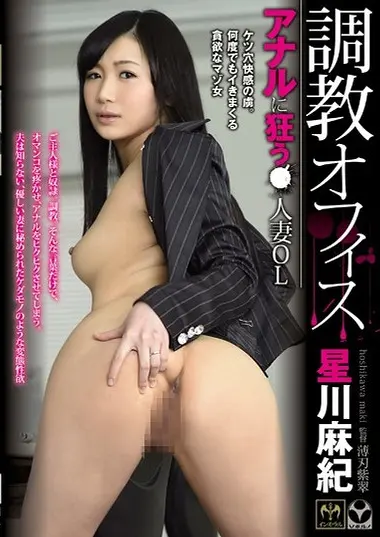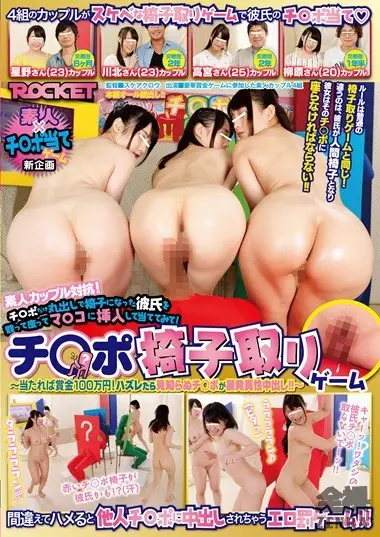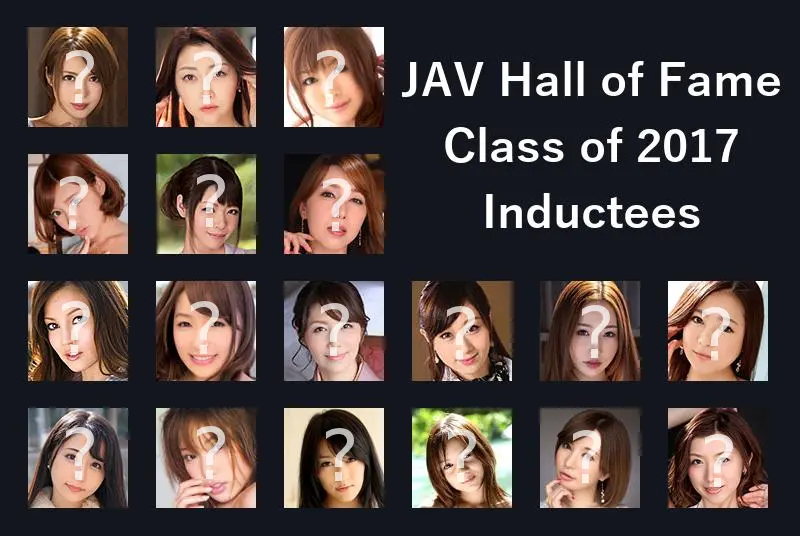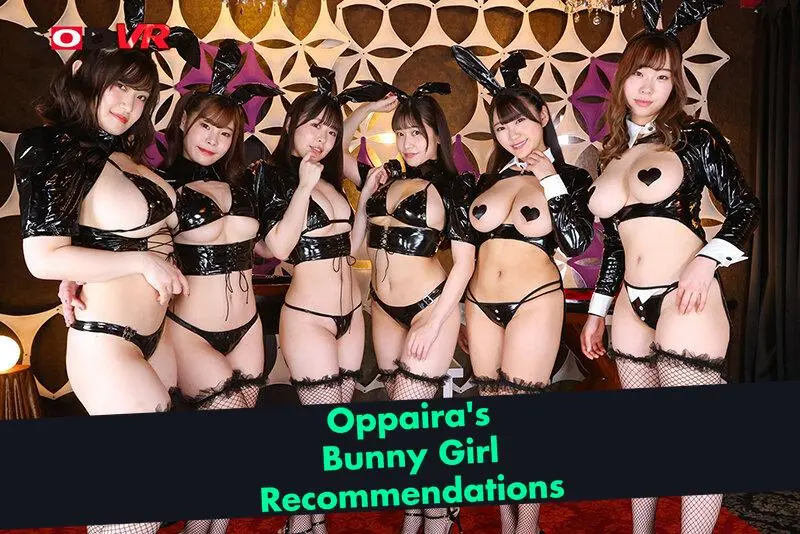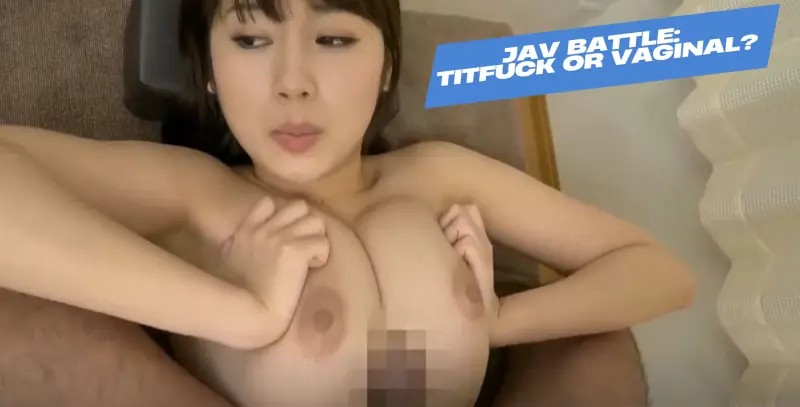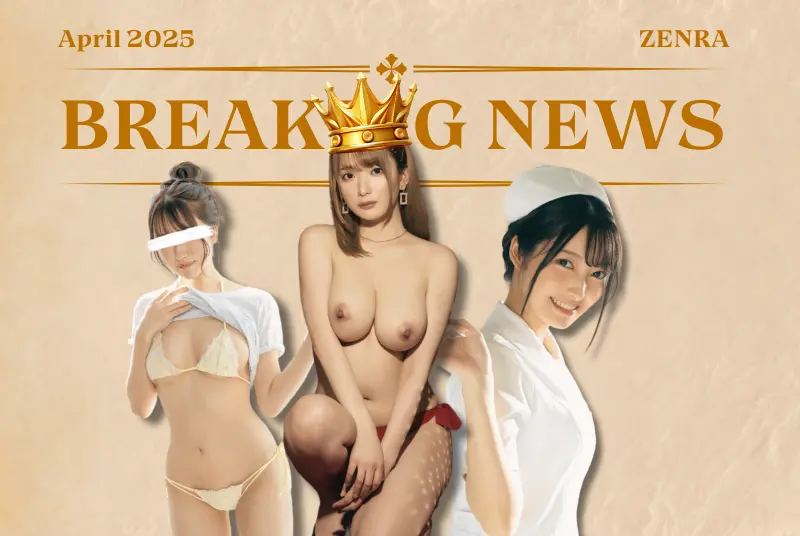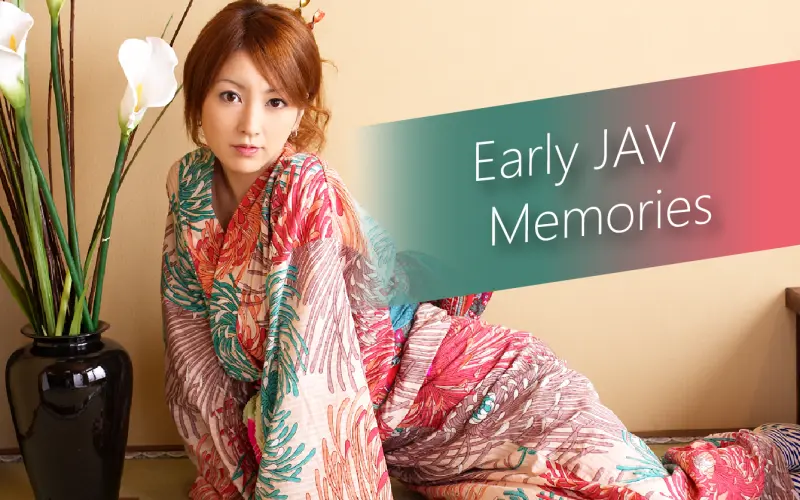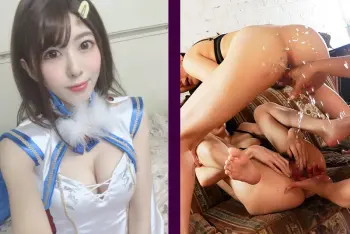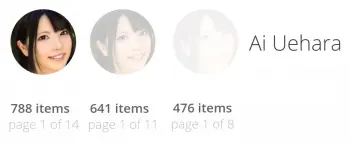The Colabo Saga - The Lone Whistleblower
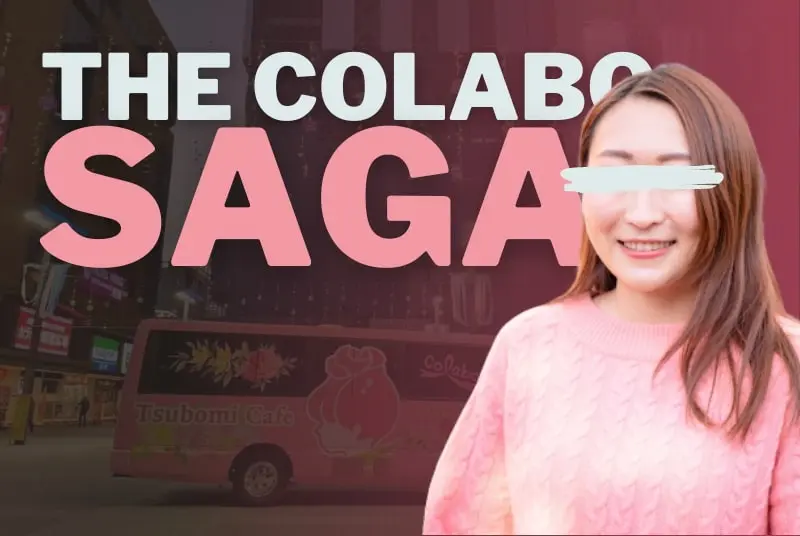
Before we even begin with this one, Let's take a look back at the previous column, in which we dived into Yumeno Nito, one of our primary protagonists. The piece offered you an idea of what shaped her into the person she is now; of course, her difficult upbringing played a role. Additionally, we looked into her connections to the Japanese Communist Party and how she influenced the revision of the AV law that was put into effect last year. She appears to have a penchant for finding problems, but just when things were going right, giving her an upper hand to get away with her illicit activities in the guise of running a charity, a wealthy otaku who isn't particularly fond of her appeared out of nowhere to ruin her plans. Let us get started.
Himasora's Youtube Interview (for reference)
Himasora acknowledged in a video interview (which perhaps is the only evidence of this guy being interviewed by western media) that he discovered Wakasuka Project, Bond Project, Paps, Colabo, or collectively WBPC, are non-profit organisations (NPO) that are allegedly using public funds to defraud. He reached out to the Tokyo Metropolitan Department to report this, but they simply rejected him, claiming that there is no ministry to oversee NPO's as such, which is kind of a drawback. When pressed further, he said that the aggressive lobbying tactics used by politicians from the Japanese Communist Party, Constitutional Democratic Party, and Social Democratic Party are mostly to blame for the misappropriation of funds. According to him, these political parties steal public money by working with unregulated organisations such as these NPOs which are subject to relatively minimal oversight. When asked about the limited domestic publicity that his probe has received, Himasora blamed it on the political parties I happened to have mentioned earlier. However, during the interview what I noticed was that he appears to be overly enamored of his fortune, take for example he referred to himself as a 'wealthy otaku geek' rather than a journalist when asked if his investigative zeal has caused him to consider switching careers.
Himasora acknowledged the fact that in recent times these so called 'NPOs' have irrationally attacked and suppressed several art forms, including anime, manga in the past to the point that they vehemently lobbied for the passing of the AV law, thus affecting the adult industry at large. Hailing from a gaming background, the attitude that some of the activists from these particular NPOs have adopted has considerably affected Himasora and he appears to take this up as a protest against the continuous suppression of these rescue groups, and as a result, he is studying these unregulated organisations because he despises those who suppressed these creative forms. The guy sure has a rebellious front, since he has been putting up fights against the goliaths of the system, similar to the ongoing Russian-Ukraine conflict. Himasora even likened his battles with Colabo and its 'seven knight' lawyers to the wars in Russia and Ukraine.
The Whistleblower
Consider yourself a 40-year-old early retired male who made the kind of money as a game developer to "hardly work at all" in his early days. The rich otaku springs in from the safety of his bedroom, sputtering a few words with his cheeky demeanor, "I no longer have to work because I now have enough assets to declare myself an "unemployed wealthy otaku guy.”" This is perhaps the most apt account of Himasora Akane that one will find on the internet.
In a very pleased tone, he goes on to explain that his possessions were not passed down to him by his parents, but were earned via "perseverance," a word he clearly enjoys using and has instilled in him over the years. Before we go into what exactly irritated this wealthy otaku, let's have a run down at his past.
Having graduated from the university, he joined the team at SEGA, a renowned game developer based out of Tokyo in 2007, that triggered his career as a game developer. Himasora admits that he ushered into the industry when the social game boom was just beginning to flourish and got lucky with it. He takes a pause before continuing, “I submitted a proposal to my boss that I wanted to develop games myself, but he didn't take it up”, citing that he packed his bag up and left the company, without a second thought after having worked five years in the corporation. With a sigh in his face, Himasora further adds, "I left after five years and transferred to Gloops, a company specializing in social games. Shortly after becoming independent, the social game "Valhalla Gate of Hell," which I played a key role in developing, became a huge hit.”
In all seriousness, it is somewhat similar to hitting a lottery, The release of the game brought two fold increase in the company's revenue stream. This led to a rapid growth of the game studio’s market capitalization to nearly 10 billion yen, that’s a crazy enough figure to fathom, even for some finance nerds. Himasora gets a bit hesitant while admitting that the relationship between him and the company's president strained big time post the game release. Eventually, he lost his 8% stake in the company and was compelled to pack his bags and leave.
This is when the tale becomes intriguing and you get a glimpse into how this Colabo thing isn't his first brush with the legal authorities. If it had been an average Joe, he could have swallowed the defeat with a pill, but not Himasora. Instead, he decided to sue the president of his firm, who fired him in 2013, for a whooping 900 million yen in damages! After seven years of running from court to court, all the way to the Supreme Court, he was awarded 600 million yen in compensation.
Himasora admits that it cost him an enormous amount of money to file a claim for such high amount of damages. “Until I won the case, I was in a pinch with a debt of about 20 million yen, but I was able to win the case after pushing off a 300 million yen settlement offer made by the other side along the way. My lawyer was pale, saying, "One hundred people out of a hundred will settle, but I have a character that will not compromise for a rationale that I cannot accept. This attitude has carried over to the Colabo issue.”
Himasora smirks in response to the question: "zero yen or 600 million yen?" He has undoubtedly become what most men his age wish to be, a millionaire after successfully winning the gamble of his life. However, he claims that his spending habits have remained largely unchanged. Himasora goes on to say, “I've never been the type to spend much money, so I didn't buy a house or a luxury car. I'm not interested in going to cabaret clubs or anything like that. If I had to venture a guess, I would say that I have become less price-conscious when shopping for daily necessities. If I have such assets and don't spend a lot of money, I can eat well without working.” Stating that it is because of this financial strength and the time in hand available to him that he is able to continue his Colabo pursuit.
The Catalyst
In 2021, 'Onsen Musume' a characterization of various hot spring resorts, was the subject of a flurry of criticism over claims by some of it's characters such as "I accidentally lift up my skirt" as well as quoting to a few of the guests that visit these hot springs that "Maybe today is the day I'll have a night crawl". Yumeno, who discovered the panel while on a business trip, was quick to criticize it on her Twitter handle, expressing worry over the general sexualization of girls, citing the project as 'sexist'. This sparked substantial criticism over the platform, and the character's setting had to be tweaked on Onsen Musume's official website.
Onsen Musume poster modified after the allegations
”I am not a fan of Onsen Musume. But, as with the Uzaki-chan affair, Ms. Nito has criticised the work from only one perspective, condemning it as bad from her own ethical standpoint. Ms. Nito's criticism compelled the management business of Onsen Musume to withdraw the award from the 'Sports Culture Tourism Award 2021'. That approach is akin to a witch hunt. After seeing that, I was resolved to do a comprehensive investigation into the company they were running. Then we started looking into Colabo's operations and accounts”, cites Himasora. At the end, it was the reputation of the project that was at stake and subsequent to the unverified allegations it had taken quite a plunge. However, to this day the panels stand intact in the establishments where they were already in use.
Yumeno, on the other hand, was accused by our whistleblower, Himasora of "unilaterally attacking the works of Onsen Musume by decrying them as evil based on her own ethical viewpoints". He further accused Yumeno's organization, Colabo of engaging in unethical accounting practises and submitted a resident audit request to the Tokyo Metropolitan Government, which had ordered the NPO to handle its business. In reponse to that, Colabo filed a complaint with the Tokyo District Court on November 29, the previous year, requesting damages be paid and that some pieces from Himasora's allegations be removed because of the extreme nature of the defamation directed against Yumeno Nito and her organisation, Colabo on social media.
Believe me when I say that this ongoing dispute between a wealthy otaku and a women's rights activist looks nothing less than an episode of the renowned series 'Billions' wherein multimillionaires sue their adversaries, but it didn't just materialize out of thin air but had been simmering for a year or two. A few journalists have written about this topic, despite it receiving minimal coverage in the Western media. As we all know, the Japanese media is biased towards one side and is effectively owned by the Metropolitan government, so it hasn't gotten much attention from them either. I vowed to leave no stone unturned because after all I thought this would be the column that brought this tale to the west. At the heart of this conflict is an anime called Onsen Musume. What an anime has to do with it at this point may have you scratching your head. Things pick up interest from this point on. Take a peek at the anime first before we go there. It is described as a "regional revitalization project" on the official website, with the goal of employing intellectual property like anime, manga, characters, and voice actors to spread the attraction of hot spring locales and local communities throughout Japan.
As per the statements of the developers, Doga Kobo who created the two-dimensional characters with the motif of each hot spring area nationwide, and carried out multifaceted media development such as anime, manga and games as such, “Utilizing characters in hot spring areas nationwide (royalties and licenses are free if the hot spring areas use characters), while holding local locations and talk events by the voice actors who play the characters in the hot spring areas, the area is becoming "Seichi (Sacred Tourist attraction). This project aims to convey the charm of hot spring areas and regions to people who have long been said to be away from travel and foreign tourists who like cool Japan content, and to encourage them to visit the area.” so this statement basically addresses the issue that how through incorporating anime characters, the production house was trying push the hot spring tourism and attract more tourists in the process. For it’s contribution, it was even selected as one of Japan's leading marketing campaigns along with Pokemon and Hello Kitty in the "Your Japan 2020" campaign to attract tourists to Japan promoted by the Tourism Bureau in 2020.
So far, nothing appears to be wrong about it so you might wonder what pissed of Yumeno about the project. What could possibly be wrong about a project that involves anime characters who serve as the 'advertising mascots' of hot spring establishments around the country affiliated with the project? Yumeno's objection was fueled in part by the fact that the characters were of a questionable age and engaged in actions intended for adults. In short, she denounced the whole project as quite "sexist and sexually exploitative of women" Though I agree that the characters are anthropomorphized versions of these establishments and star in various media such as anime, manga and video games, mostly produced by Doga Kobe, they are nowhere close to what Yumeno has alleged them to be. The activist however faced backlash at first to call an indefinite boycott to the project, and her attempts had gone in vain. But on the contrary, it had thousands of people involved who began to back the project. After all, Onsen Musume is a project that has served to boost hot spring businesses since its launch in 2016, so it makes sense for the Japanese civilians working in the tourism industry to be grateful for it and and support it with all their efforts.
As if denouncing this whole project wasn’t enough for Yumeno, she escalated this whole controversy, when the feminist activist reported that she had allegedly received death threats, which ended up changing the whole narrative of the fight and now it was the production house, Doga Kobe that was in trouble to the extent that it had to basically pull out from the annual cultural awards back in 2021 but the developers later acknowledged in a tweet that they had won it that particular year.
Poster depicting how most sponsors pulled out from the campaign subsequent to the allegations
To top this all, the 'Uzaki-chan' controversy worked as a catalyst for Himasora to take a more confrontational stance against Yumeno's organization earlier last year. For the unversed, the Japanese Red Cross published a blood donation poster in 2019. An illustration of which was by, lawyer Keiko Ota, known for her aggressive advocacy of discrimination against women. She denounced the illustration, calling the collaboration as mere 'environmental sexual harassment'. In reaction, a group of manga fans took the lead in condemning the illustrations, citing her statement as a violation of free expression. Anticipating backlash, some blood donation centers removed the posters from their respective venues.
Poster depicting the Uzaki-Chan Red Cross collaboration that was under a lot of criticism
"I love manga, thus the burning of this work offended me greatly," Himasora stated. I believe it is an individual's right to criticise the manga for being sexually explicit. But, it goes too far to try to smear and destroy the work of a manga artist who has worked so hard to make it. I believed that we could not tolerate an attack that aimed to derail the future of manga culture. I started a YouTube channel in May of this year to address this issue, and began investigating, including exposing the lies of the people who were working to destroy the works.
The Aftermath
So, how did it impact Yumeno, one would wonder? The night finally came for her after a year, though. Her present issue is with the Japanese tax officials rather than the fervent Onsen Musume admirers.
This minor Twitter squabble developed into a months-long court battle between Himasora and Yumeno after Akane accused her of obtaining sponsorship from the Japanese Communist Party (JCP). This prompted Yumeno to sue him for defamation, but Himasora went so far as to request a tax audit of the non-profit organisation Colabo, that Yumeno so proudly represents. The audits, on the other hand, produced unexpected results. In conclusion, public funds were stolen! In the view of the tax authorities, this is a felony worse than trafficking! The auditors stated in the report that Colabo's accounting papers on the commissioned project for women's support exhibit irregularities in the results, which justifies a reassessment. It was then suggested that the Tokyo Metropolitan Government re-examine the expenses required to carry out Tsubomi Cafe, the Colabo commissioned project and demand repayment if any misappropriation is detected.
In this matter, it has been pointed out that there may have been confusion in Colabo between expenditures for projects subject to commissioning and those for other projects. The report also included opinions on specific measures to be taken, such as "the actual amounts of projects should be accurately reported so as not to raise doubts among the public about how public money is spent and in the case of expenses that are difficult to clearly distinguish between those necessary for project implementation, such as personnel costs and compensation, and other expenses, Colabo should be able to provide a reasonable explanation in advance, such as showing the concept of proportional distribution and calculation methods to the trustee.", stated the auditing committee
Since Colabo sued Himasora Akane for defamation, major newspapers and TV stations that are also members of the Tokyo Metropolitan Press Club have only covered the defence of Colabo's side; neither the subject's defense nor these accounting audit results have received any coverage. But our readers should not worry since this is just the tip of the iceberg when it comes to the revelation Himasora has made, we've more to unearth in the next edition that is about to drop in a month from now and trust me when I say this, you'd be hooked to your seats while reading it. So watch out for it when it hits the blog next month!
Meanwhile, while you wait for the consecutive column to release, keep yourself updated with the previous editions by referring to the links below.
Part 1: The Colabo Saga - A Storm Is Brewing!
Part 2: The Colabo Saga - The Protagonist
By WoodOfTheRisingSun @ June 23rd, 2020
By JWL @ June 25th, 2020

